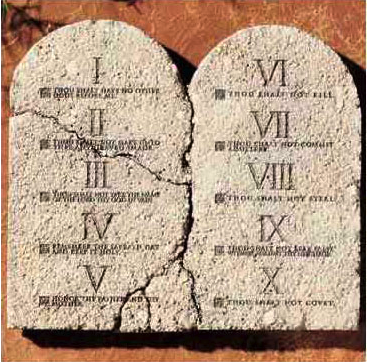Today’s lectionary reading presents an interesting issue. Did Moses see God face to face? For some there are two streams of thought in the Old Testament with regard to seeing God face to face. According to one, no person can see God face to face and live (Ex. 33.20-23). And according to the other, people can see God face to face with examples being Moses (Ex. 33.11) and (perhaps) Jacob. For others the use of the terminology face to face is an idiom that attempts to relate the intimacy of the relationship between God and Moses. These words are not to be taken literally and thus are not evidence that different sources are being used or that there are different streams of thought.
What do you think? Do you think there are two different streams of thought here? Or, do you think the “face to face” language is idiomatic? Or, is it some other option? Feel free to comment below.


